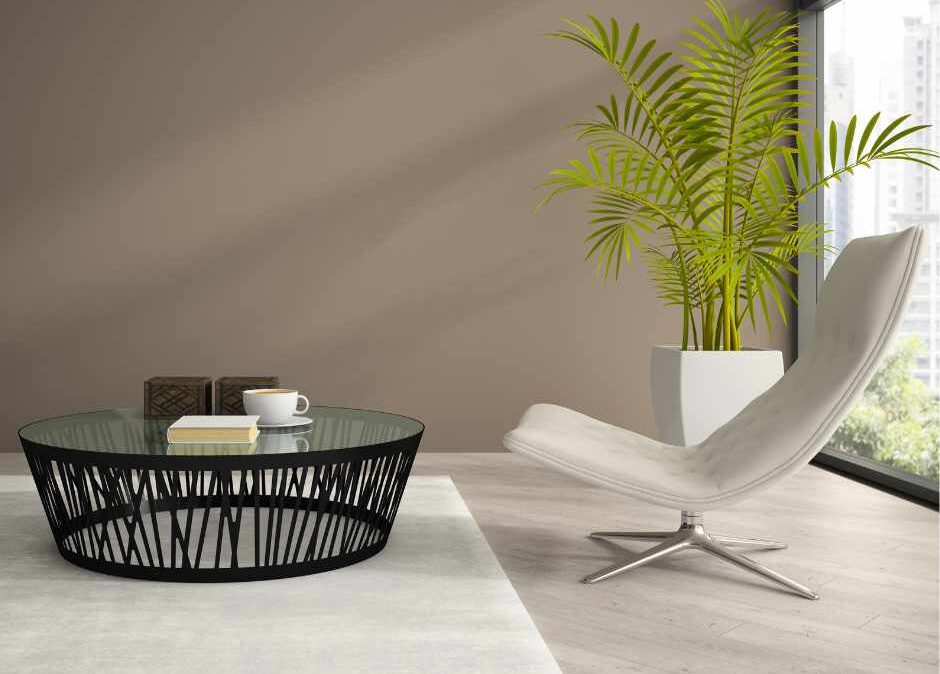From Heirlooms to Flat-Packs
Why International Moves Are Declining in the Age of Disposability
By Abbin Abraham
Walk into a modern home today and you’ll notice something quietly revolutionary, especially if you work in relocation. The ornate teak cabinets, hand-carved coffee tables, and solid wood wardrobes that once told stories of craftsmanship and family legacy have mostly disappeared. In their place? Flat-pack furnishings minimalist, functional, and often assembled with an Allen key and a YouTube tutorial. Built not to last a lifetime, but to serve just long enough.
And with a few taps on a screen, these same items can be reordered at the new destination often cheaper than the cost of shipping them. It’s not just a change in furniture; it’s a shift in mindset. One where convenience, disposability, and low emotional attachment are redefining what “home” means to a new generation. In that subtle shift lies a larger story: the sharp decline in international household goods moves.
The Lighter Generation
As someone working in Relocation, I’ve seen it firsthand today’s transferees, especially younger ones, are choosing to travel lighter, both physically and emotionally. The idea of relocating an entire household across borders is no longer the norm. Unlike older generations who invested in solid, timeless furniture and treated each piece as a cherished possession, the modern mover sees most belongings as temporary, functional, and replaceable. And can you really blame them? The global market is flooded with affordable flat-pack furniture that can be delivered in days, sometimes for less than the cost of packing and customs clearance.
The Emotional Disconnect
But this isn’t just about cost it’s about attachment.
Older generations saw furniture as an extension of their identity, a physical record of life’s chapters. The dining table wasn’t just for meals it hosted birthdays, heated debates, quiet reconciliations. A grandfather’s bookshelf wasn’t just wood and nails it held legacy, stories, and the scent of time.
Today’s generation is more mobile, minimalist, and intentionally unburdened. Convenience often trumps sentiment. Their lives are rooted in the cloud, not in cabinetry. A cross-border move isn’t a major life reset anymore it’s just another chapter in a fast-moving story. And in that story, bulky, fragile furniture rarely makes the cut.
Customs: The Hidden Deal Breaker
Now add another layer: the ever-changing and often opaque maze of international customs regulations.
Each country has its own rules frequently inconsistent, confusing, and open to interpretation. A transferee might be told their used household goods are duty-free, only to be blindsided by surprise fees, long delays, or even penalties due to overlooked documentation or vague customs rulings.
For many, the stress of the relocation doesn’t come from the distance it comes from the uncertainty of what will arrive, and what condition it will be in.
What We Can Still Do
While the nature of relocation is changing, the role of the Move Manager is not diminishing. In fact, it’s becoming more essential than ever. Today’s Move Manager is no longer just a logistics coordinator they are a trusted advisor, a guide, a listener, and a calm presence in a time of disruption.
To deliver real value, Move Managers must wear many hats:
- Understanding Customs: Staying ahead of evolving customs regulations and providing accurate, region-specific guidance can mean the difference between a seamless move and a stalled shipment.
- Anticipating Risks: Identifying potential red flags early like restricted goods or paperwork gaps can save transferees from unnecessary fines and headaches.
- Personalized Advisor: Helping transferees especially first-timers make thoughtful decisions about what to move based on both cost and emotional weight.
- Empathetic Listener: Understanding that every move comes with invisible baggage: fear of loss, the pain of separation, or the stress of the unknown.
- Bridge Cultures: Appreciating each transferee’s cultural background and family dynamics helps in crafting a move that feels personal, not just procedural.
- Provide Reassurance: Amid digital dashboards and tracking systems, the human reassurance that “we’ve got you” still matters the most.
Today’s Move Managers don’t just move boxes they help move lives, with care, clarity, and compassion.
The Real Weight of What We Move
In a world where furniture is disposable and home trends change with the algorithm, one thing remains irreplaceable: the human need for care and certainty.
Sure, the boxes we ship today might carry fewer material treasures but they still carry something far heavier: the weight of change, the complexity of emotions, and the stress of starting over. That’s what we’re truly responsible for.
Because no matter how minimal the shipment, people still bring along their memories, their fears, and their hopes. And while the physical load might be lighter, the burden isn’t. Delivering a smooth, empathetic, and thoughtful relocation experience that’s the true value we offer in a world moving faster than ever.
